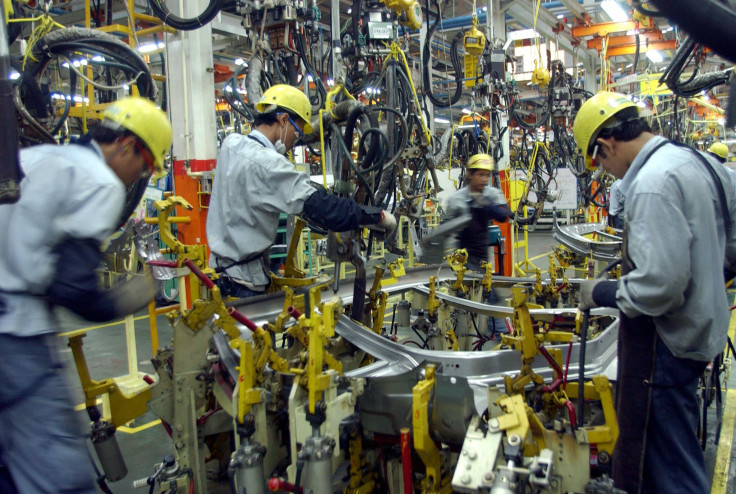Toyota Takes Full Control Of Daihatsu In $3B Share Swap Deal

Toyota Motor Corp. said Friday it had finalized a deal to fully own Daihatsu Motor Co., Japan’s oldest car manufacturer, in a share swap deal valued at around $3 billion. Toyota, which already owns 51.2 percent of Daihatsu, said the deal would help boost its small cars business in Southeast Asia.
The world’s largest automobile manufacturer by volumes is expected to offer 0.26 shares in return for each Daihatsu share with the stock swap scheduled to take effect by Aug. 1, Toyota said in a statement released Friday. Daihatsu will stop trading on July 26 and de-list the following day.
Shares of Toyota rose 4.6 percent while Daihatsu’s stock rose 3.5 percent on the Tokyo Stock Exchange following the announcement.
Daihatsu is known for its “Kei Cars” or “K-Cars”— a category of mini vehicles popular in Japan with engine capacities not exceeding 660 cc. The company also supplies car bodies and engines to Toyota and Fuji Heavy Industries Ltd. outside Japan.
With sales of mini vehicles slumping in recent times and a lack of interest in car ownership among young people in Japan, Daihatsu and rival Suzuki Motor Corp. are looking to expand further into other Asian markets, Reuters reported Friday.
With auto sales growth slowing to a crawl in 2015, Toyota said it would maintain the Daihatsu brand but will save on expenses through joint research and development and sharing production facilities in emerging markets, especially Indonesia and Malaysia. The company also said it intends to use Daihatsu’s expertise in the small car business to make its larger vehicles more cost-competitive.
Daihatsu has a 15 percent market share of the passenger car market in Indonesia, where it manufactures the Ayla and other vehicles in a joint venture with Astra International.
“This is an opportunity for us both to stop feeling that we need to go it alone, and trust each other to take full advantage of our respective strengths,” Toyota President Akio Toyoda said in the statement.
Toyota’s worldwide automobile sales slipped 0.8 percent to 10.15 million units in 2015, while German peer Volkswagen AG’s volumes fell by 2 percent. Third-placed General Motors Co. managed to avoid a contraction with a marginal 0.2 percent increase in the global auto industry that has expanded every year since 2009.
© Copyright IBTimes 2024. All rights reserved.











